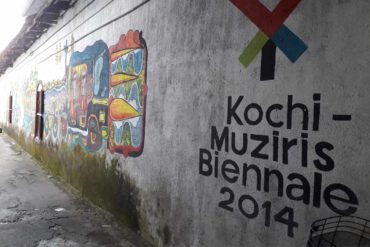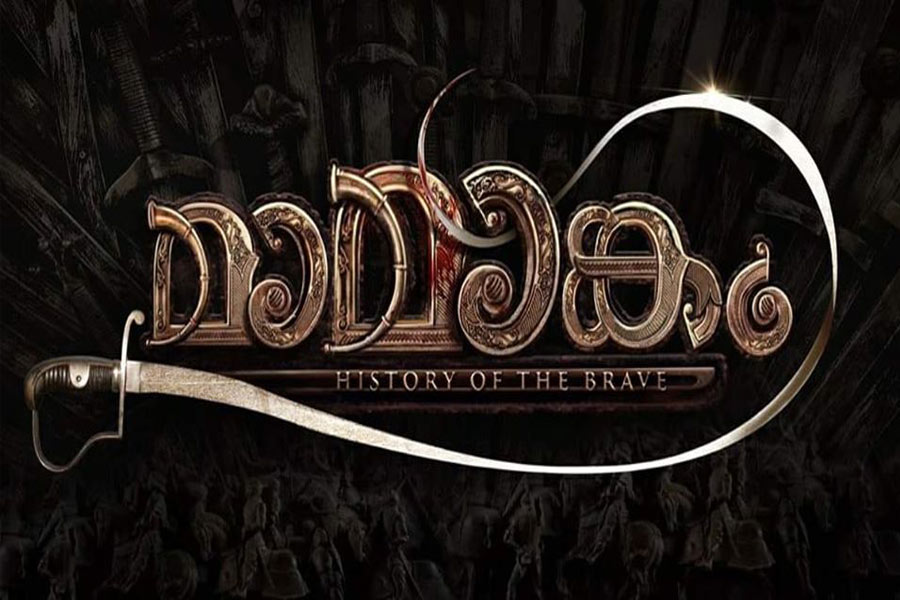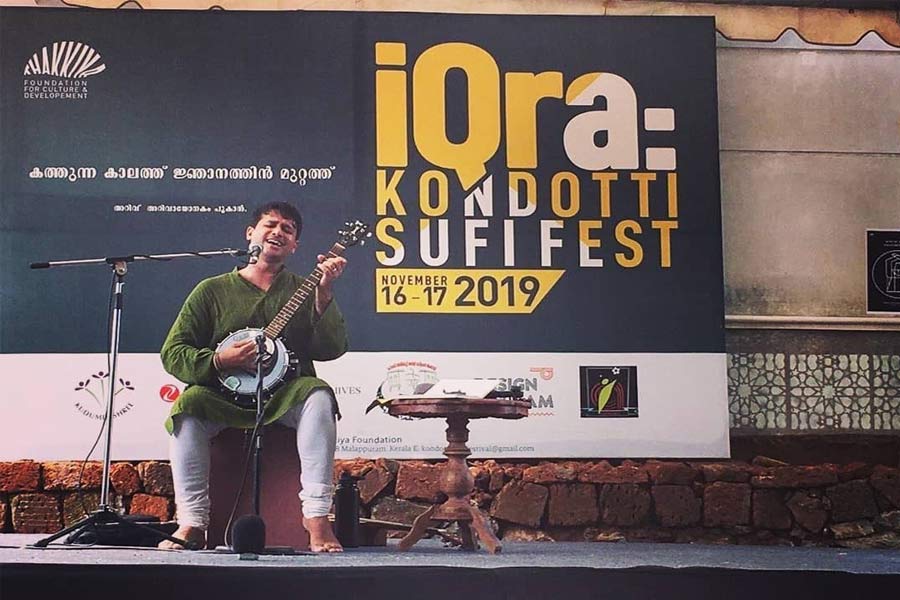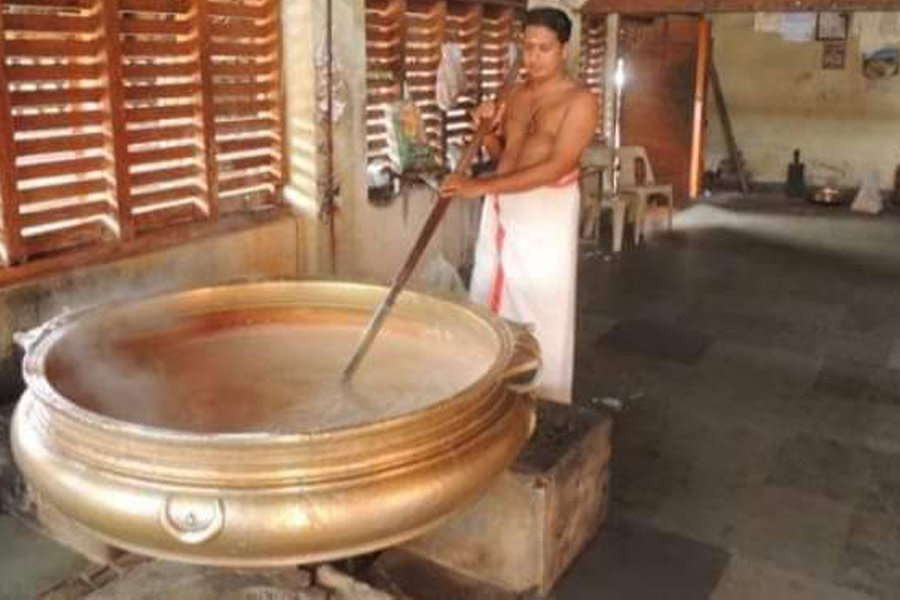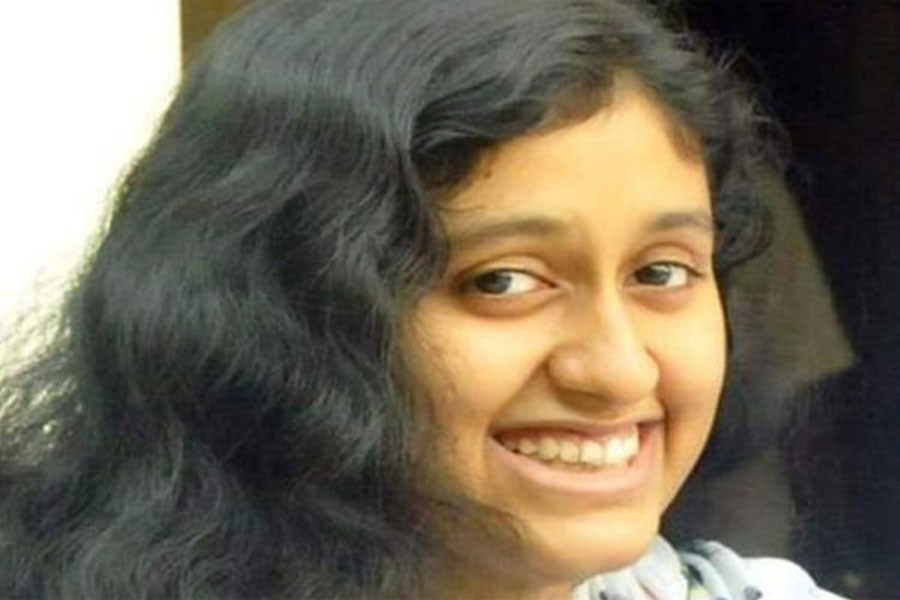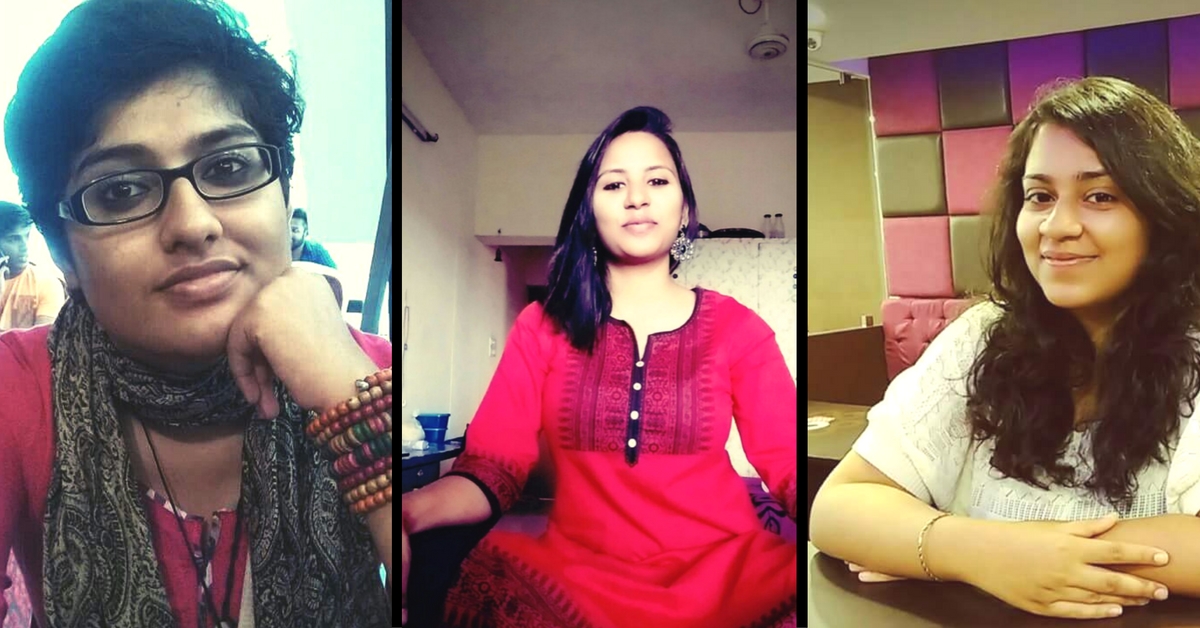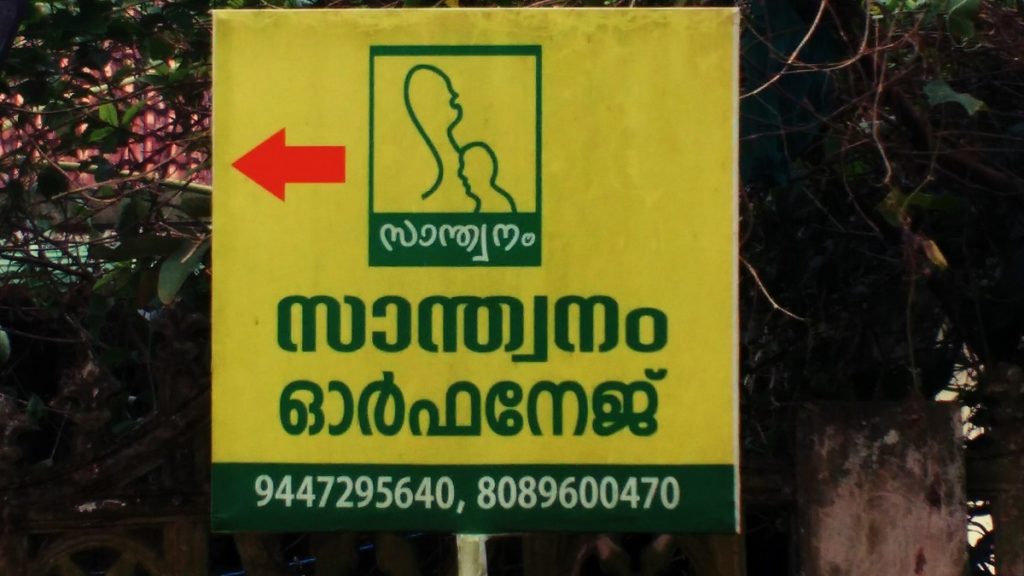At a time when people complain that too much online socialising among teenagers will create a generation that can’t communicate face to face, three friends – Prithishree Dash, Ayushi Dangre and Sara Fathima from National University of Advanced Legal Studies, Kochi, – are using social media for doing good. They are using it as a platform to start various campaigns in order to help people who are in need of basic amenities.
The latest campaign Prithishree and her friends have started is ‘CodeRed’. Through this campaign, they aim to raise funds to provide sanitary napkins for girls of an orphanage named ‘Santhwanam’.
This campaign actually started from another initiative named ‘Read a Book and Spread a Smile’. Through that initiative, the trio makes bookmarks and sells them. The amount collected from these bookmarks are used to buy art and crafts supplies for the girls in the orphanage.
“We decided to visit the orphanage to give the amount required to provide them with art and craft products. After talking to Jessy ma’am, the in-charge, we got to know about the sad state of the girls when they go through during menstruation. They hardly have access to sanitary napkins, which is so essential for any woman in today’s world. They stick to the traditional method of using cloth pieces and reusing these, which we believe is very unhygienic. We then decided to supply sanitary napkins to these girls. This is how CodeRed was born. It started only a few days ago. Even then, the support and contribution we are getting is tremendous,” says Prithishree.
The girls are also planning to conduct an awareness programme regarding this on May 28 next year, which is the World Menstrual Hygiene Day.
When asked about the health implications of plastic napkins she commented, “As of now we are focusing mostly on accessibility and affordability of sanitary napkins to groups of women and girls. If we get sufficient resources to take CodeRed forward, we definitely will. Maybe later, we will think of collaborating with Self-Help Groups and other NGOs that function in this area to take this initiative forward.”
CodeRed has received an overwhelming response from the public. Many advocates have come forward to donate for this noble cause. The three are also being encouraged by their friends. They are preparing to present the campaign to their teachers as well. The girls that they are dealing with are only a small fraction of the greater crowd, which they feel is deprived of such basic necessities.
Prithishree wonders where the governmental funding for NGOs goes. She expressed her discontent with the attitude of the authorities towards NGOs, orphanages and destitute homes. Explaining the legal aspects of the entire issue, she says that the poor implementation of legislative policies coupled with the lack of awareness in society contributes to deprivation.
Since the ‘Read a Book and Spread a Smile’ campaign is her maiden initiative, it is close to her heart.
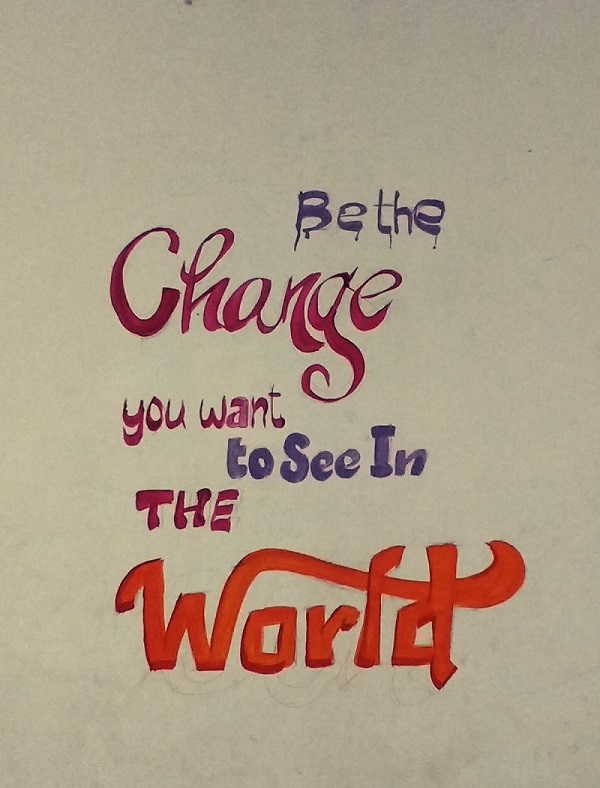
“It all started with my love for art. My friend Ayushi has helped me out in executing it,” she says.
She is also preparing to participate in Jagriti Yatra, a 15-day long national train journey of 8,000 kilometres, across the length and breadth of India, to study more about rural India, understand the problems at the ground level, and interact with people who are deprived of fundamental needs. It aims at understanding and building the India of smaller towns and villages through enterprise. Interactions with role models, change-makers and leaders have also been arranged as a part of the campaign.
“I have been selected for it with a part scholarship. I am using crowdfunding for the rest of the Rs. 34,000 that I have to pay,” she says.
Prithishree believes that there is always scope for new campaigns. If we keep our eyes open, we can definitely spot rights violations around us. These friends know that sooner or later society will give them more reasons to start campaigns. After all, for how long can we turn a blind eye to the plight of those less fortunate?

